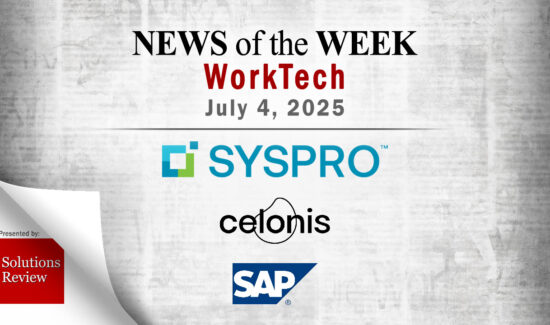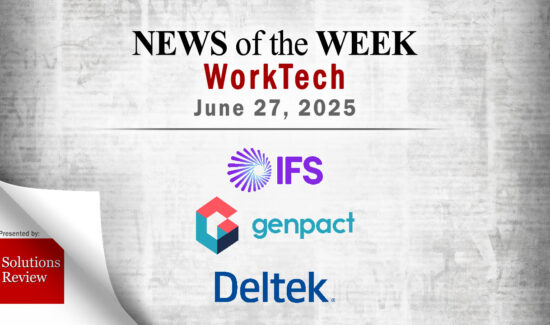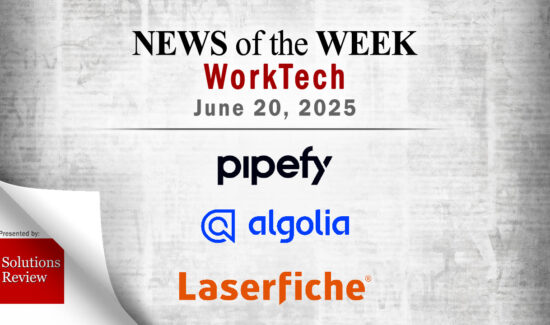Cloud ERP is on the Way Towards Mainstream


Enterprise Resource Planning (ERP) software is usually deployed in two ways, on-premise or in the cloud. There is also a hybrid offering, which involves both functions of the two. However, there seems to have been a recent massive global movement of cloud ERP software to the mainstream.
Widget not in any sidebars
According to Karan Kirpalani, Associate Vice President- Product and Services, Netmagic (NTT Communication Company), analysts expect the global cloud ERP market to grow rapidly, with market size projections varying between $25-$30 bm USD over the next four to five years.
While cloud computing has been around for some time, organizational mindsets about cloud ERP have started to change more recently, and in the last 18-24 months, experts have seen a widespread adoption of ERP in the cloud as cloud-based applications are steadily replacing on-premise systems across the entire spectrum of business processes.
For organizations that may have already moved ‘less mission-critical’ applications, like Customer Relationship Management (CRM), Human Resources Management (HRM), project management, etc., to the cloud, it only makes sense that their ERP solution follows suit to ensure minimum delay between applications and improve analytics and reporting.
“And while it still makes sense for some applications to stay on-premise (for cost, compliance, or legacy reasons) it’s equally sensible to move web-enabled applications to the cloud. Working with a CSP that provides a seamless, extensible Hybrid Cloud allows customers the best of both worlds,” Kirpalani said.
What’s making this adoption of cloud ERP software so big is the fact that business leaders are realizing that process transformation or standardization is a small price to say in order to ensure their business models evolve quickly to keep up with market dynamics. Kirpalani argues the benefit of operational agility, cost efficiencies and technology access outweigh the initial pain of having to migrate from legacy systems.
According to Kirpalani, over the last two years there has been fewer conversational roadblocks when business leaders and CIO’s discuss security and performance in the cloud as well. Developments in security technology and increasing customer awareness have seen clichéd security concerns largely addressed.
“Cloud-based ERPs are proving to be much ahead of on-premise ERPs in many other areas such as scalability, upgrades and time-to-market. With better user experiences, seamless upgrades and extended features like mobile compatibility, cloud-based ERP deployments are catching up quickly with their on-premise counterparts,” Kirpalani adds.
Looking for more information about ERP systems? Download our free buyers guide, where you can find the top ERP software vendors, snippets about their highest ranking ERP solutions and products, plus the top 10 questions and tips to ask yourself and software vendor before purchasing!
And don’t forget to follow us on Twitter, Facebook and LinkedIn for all the latest in the ERP space!






















